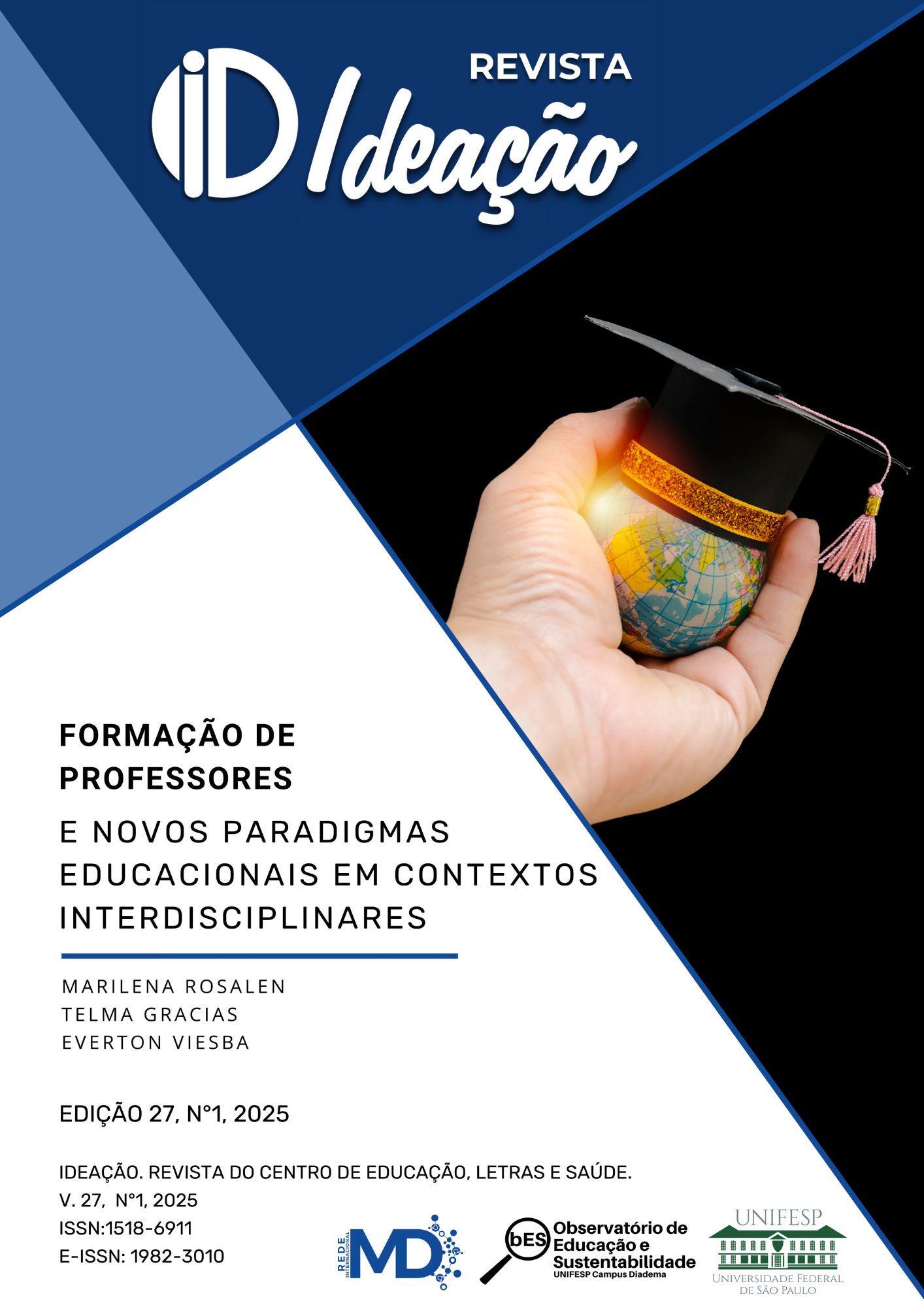CONTINUING TRAINING AND KNOWLEDGE IN THE HISTORY OF MATHEMATICS
APPROACHES AND PERSPECTIVES
DOI:
https://doi.org/10.48075/ri.v27i1.34799Keywords:
Formação continuada, ensino, história da matemáticaAbstract
Rethinking initial and continuing teacher training is important to face the challenges of current education. The objective is to discuss how the history of mathematics can improve teaching and learning in basic education. We argue that, in initial training, the history of mathematics content should be better addressed by trainers, overcoming a merely mechanical view of teaching. For continued training, it is essential that teachers are encouraged to act reflexively. The reflective teacher becomes a producer of knowledge and improves his pedagogical practice, better organizing activities and adapting them for the student's integral development. Reflection is a crucial tool for improving teaching and must be accompanied by scientific research and everyday contexts. Continuing training must prepare teachers to use the history of mathematics, promoting the formation of critical and conscious citizens. The interaction between teachers and students is vital for meaningful learning, requiring preparation and knowledge.
Downloads
Published
How to Cite
Issue
Section
License
Copyright (c) 2025 Direitos partilhados conforme licença CC BY-NC-SA 4.0

This work is licensed under a Creative Commons Attribution-NonCommercial-ShareAlike 4.0 International License.
Authors who publish in this journal agree with the following terms:
1. Authors maintain copyright and grant the journal the right of first publication, with the work simultaneously licensed under the Creative Commons Attribution License that allows the sharing of the work with recognition of authorship and initial publication in this journal.
2. Authors are authorized to assume additional contracts separately, for non-exclusive distribution of the version of the work published in this journal (e.g., to publish in an institutional repository or as a book chapter), with acknowledgment of authorship and initial publication in this journal.
3. Authors are allowed and encouraged to publish and distribute their work online (e.g., in institutional repositories or as a personal page) at any point before or during the editorial process, as this may generate productive changes, as well as increase the impact and citation of the published work (See The Effect of Free Access).
Creative Commons License
This work is licensed under a Creative Commons Attribution-Noncommercial-ShareAlike 4.0 International License, which permits sharing, copying, distributing, displaying, reproducing, the whole or parts provided it has no commercial purpose and the authors and source are cited.


